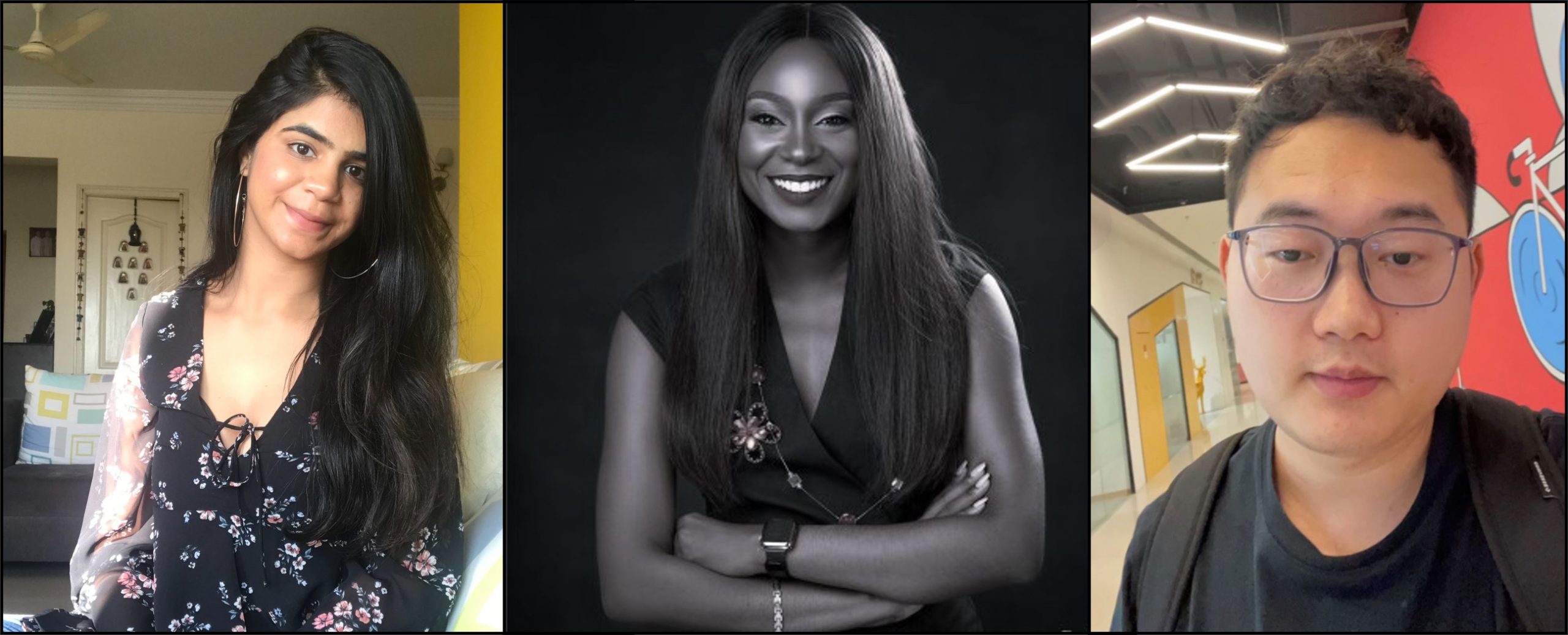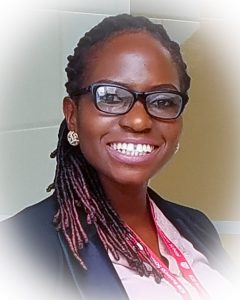Our name is our primary handle and one of our principal sources of identity. It is the first thing that distinguishes us from the rest of the masses and the first part of us we offer to others to remember us by. It points to the person within, who may be marked by the same common experiences with others but who has received and felt those experiences uniquely as a person.
Usually, the name means something – it could be pointing to an experience around the birth of the person; or a memorable descendant or signifies an event so profound the family wanted it remembered in that person for as long as they bear the name. In China for instance, names carry important social and philosophical meanings and are typically chosen for their inferences and symbolism. And In Nigeria, you can mostly tell which ethnic group a person belongs to on hearing their name; and if you understand the language, you can already decipher something pertaining to the person – the king child, the harbinger of wealth, the comfort in sorrow… The more complex and unique the name, the more the satisfaction when someone says it right, the first time. There is a level of satisfaction we feel when we offer this unique attribute of ours – our name ‐ to others, that they cherish and respect it as much as we do. And getting someone’s name wrong can be the difference between making a good impression or a bad impression.
You ask, pleased: Have you heard the name before? Have you met someone with that name?
It starts a conversation, builds a connection, a sense that this person cares about you well enough to put some thought and care in saying your name right.
This is why it is important for us at IESE business School, to get the name right, the first time and every time.
We are very proud of our rich cultural diversity at IESE Business School. With 65+ nationalities represented on campus, and numerous ethnicities; we are constantly striving for ways to be accommodating and inclusive while respecting the dignity of the person.
From ensuring that everyone feels welcome and safe, allowing small‐group identifications without making distinctions that alienate, we strive to create a welcoming atmosphere where everyone belongs, and we do it in paying attention to the tiniest details.
One of those tiny details that go a long way to making people feel welcome is in saying the name right, and having different ethnicities on campus, this is a challenge. We all know that while Mathew and Matteo might mean the same, they are not called the same way. And a Spanish Juan and German Johan are certainly not called the same way either. The American will likely not lay an emphasis where his Asian counterpart would in some pronunciations. But because we are constantly striving to take up challenges and create solutions, we have undertaken to call people, exactly the way they want to be called.
We spoke to 3 of our MBA students with unique names – Sumedha Kamra (MBA 24), Uyiosa Oigiagbe (MBA 23) and Xiaojun Shen (MBA 24) – about this initiative and here are a few excerpts of what they shared with us, unfiltered.
Q1: How do I pronounce your name?
Sumedha: Su – may – da
Uyiosa: Uu – yee – osa
Xiaojun: Sha – oo – ju – win
Q2: Does it have any special meaning or significance?
Sumedha: Most Indian names have meanings or are associated with something. For mine, Su means good and Medha – intellect. So together, my name means, good intellect.
Uyiosa: It means God´s glory or God´s power
Xiaojun: Xiao / Shao means the morning, the sunrise; Jun /Jwin – Military. My father was a soldier in the military. I was given the name because my mother loves my father so much.
Q3: How do you feel when people call your name right, the very first time?
Sumedha: Fantastic because it’s my identity. But I also recognize that its not an easy name but I like when people make the effort to say it right. Sometimes people try to ask if they can call me something else, or ask for a shorter version like, “can I call you S?”, but I prefer that people call me by my full name.
Uyiosa: (Smiles) I always go “yes, perfect!”
Xiaojun: Surprised, positively surprised cos the name is hard to pronounce.
Q4: Have you ever had someone say it wrongly? How did that make you feel?
Sumedha: I think there are 2 types of people who say it wrongly. One group is the people that make an effort and struggle but still get it wrong. Then another group is people who don’t even care about how to say it, don’t ask and continually say it wrongly. I like the first group because they genuinely try.
Most people I have met in IESE fall in the first group, they make an effort. I also try to spend the first 5 seconds with people when I meet them to show them my name on my IESE card and tell them how it is said.
Uyiosa: I recognize that it is such a traditional name so I don’t feel bad. In a one‐on‐one, I will try to correct them and allow them to try several times to get it right but in a group, I will just let it slide so I don’t disrupt the flow of the conversation.
Xiaojun: I think it’s quite normal and I don´t feel uncomfortable about it. Even if I tell them over and over again, I still don´t feel bad because I also struggle with pronouncing peoples name, so I don’t feel bad when they don´t get my name right.
We are excited to be one of the pioneer schools in this front of inclusion and belonging in Europe. So, very soon, our application portal will include a voice recording field where all students can record their names as they would like to be called so that right from your engagement with our admissions team, through your time in class with professors, down to graduation, you will hear your name as if it were family calling you. We hope that this will make you feel more welcome as you join our culturally rich program. Watch out for this new feature soon on the admissions portal.
Did I say your name right? 🙂
Reference: https://www.commisceo‐global.com/blog/how‐do‐chinese‐names‐work
Pursue your dream MBA! Take these next steps today:







